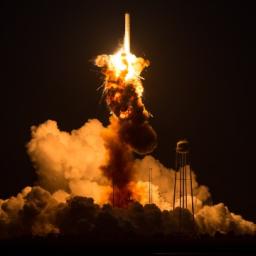ChromeOS and Android to remain separate for now
CNET just interviewed Brian Rakowski, Google's vice president of product management for Android, who has confirmed that the two teams in charge of the Android mobile device software and the Chrome OS software for PCs [should] work together much more. But that won't mean sweeping changes, at least for now.
"There's no plans to change the way the products work," said Rakowski. That might be disappointing to fans of Android who were hoping to see convergence of the two product lines as a result of internal reorganization that sees both Android and Chrome being developed under the same division.
"There's no plans to change the way the products work," said Rakowski. That might be disappointing to fans of Android who were hoping to see convergence of the two product lines as a result of internal reorganization that sees both Android and Chrome being developed under the same division.
Android and Chrome, both headed by Google Senior Vice President Sundar Pichai, are important businesses to Google. The company's cash cow is still search and advertising -- now a $50 billion a year business -- but Google CEO and co-founder Larry Page has called Android "the future" of the company.There's some more, related commentary at OSNews.
